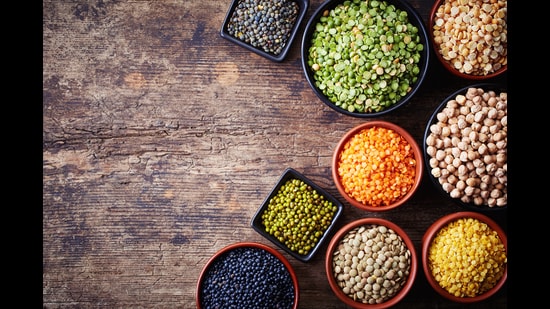The agriculture and commodities sectors view the Budget as providing the much-needed impetus to farmers’ welfare, rural economy, women’s development, technological advancement and crop productivity.
However, some of them say the Budget should have looked at allocating more for schemes such as the National Oilseeds Mission, reducing the burden of GST and encouraging import-substitution.
Deepak Ballani, Director-General of the Indian Sugar and Bio-Energy Manufacturer Association (ISMA), said the association lauds significant measures which were introduced for the agricultural sector in the 2025 Budget. Welcoming the Dhan Dhanya Krishi Yojana, he said it is expected to liberate farmers and ensure fair benefits to all participants in the agricultural sector.
Key concerns not addressed
Sanjeev Asthana, President, Solvent Extractors Association, said the association welcomed the government’s move to focus on the food processing industry and artificial intelligence for the agriculture sector and setting up an additional Gene bank for enhancing plant productivity. He also urged the Centre allocate an additional ₹5,000 crore for the Oilseed Development Programme.
Suhas Buddhe, Adviser, Soluble Fertilizer Industry Association (SFIA), said the budget’s focus on millet production, sustainable farming, and technological advancements, such as drone integration, aligns well with India’s long-term agricultural vision.
However, it fully does not address key industry concerns, particularly in the area of import substitution for advanced agricultural inputs. He said the sector felt let down by the lack of provisions for establishing farm schools to educate and train marginal farmers in modern agricultural techniques.
Hike in KCC limit
Gaurav Kedia, Chairman, Indian Biogas Association, said the success of the Dhan Dhanya Krishi Yojana depends on enhanced sustainable agricultural with organic farming taking centrestage. Strengthening on FPO and cooperatives by setting up central boards with help of States was the key.
KV Karthik, President, Indian Pump Manufacturers Association, said the increase of Kisan Credit by ₹2 lakh will directly spur demand for agricultural pumps, benefiting farmers and the industry alike. “Additionally, the extension of the Jal Jeevan Mission to 2028 will create sustained business opportunities, ensuring a continued push for water accessibility across the nation,” he said.
Jitendra Kumar, MD, Biotechnology Industry Research Assistance Council (BIRAC), said the Budget’s focus on crop diversification, post-harvest storage and credit accessibility for 1.7 crore farmers aligns with BIRAC’s commitment to supporting agri-biotech innovations.
Balram Singh Yadav, Managing Director, Godrej Agrovet Limited, said empowering farmers, sustainable production and resilient agri-economy were imperative for “Viksit Bharat”.
India’s position as the second-largest global producer of fish and aquaculture will further be bolstered by the reduction in basic customs duty on a key input material for feed, strengthening competitiveness and sustainability in the sector, he said.
Vegetable clusters a boost
Rajavelu NK, CEO-Crop Protection Business, Godrej Agrovet Limited & Co-Chairman of the FICCI Committee on Crop Protection Chemicals, said “The Mission for Cotton Productivity, integrating science and technology with extra-long staple cotton varieties, addresses declining cotton acreage while helping farmers boost yields and profits.”
Simon Wiebusch, Country Divisional Head, Crop Science Division of Bayer in India, Bangladesh and Sri Lanka, said the Budget outlines a comprehensive strategy for enhancing agricultural productivity and sustainability, aligning with the vision of Viksit Bharat. The emphasis on improving post-harvest storage, irrigation and credit availability is expected to empower farmers and push economic growth in rural areas.
Additionally, the establishment of large-scale clusters for vegetable production and the support for FPOs and start-ups in promoting vegetable supply chains will help to not only promote rural prosperity, boost horticulture sector but also meet the nutrition needs of the country, he
Read More

